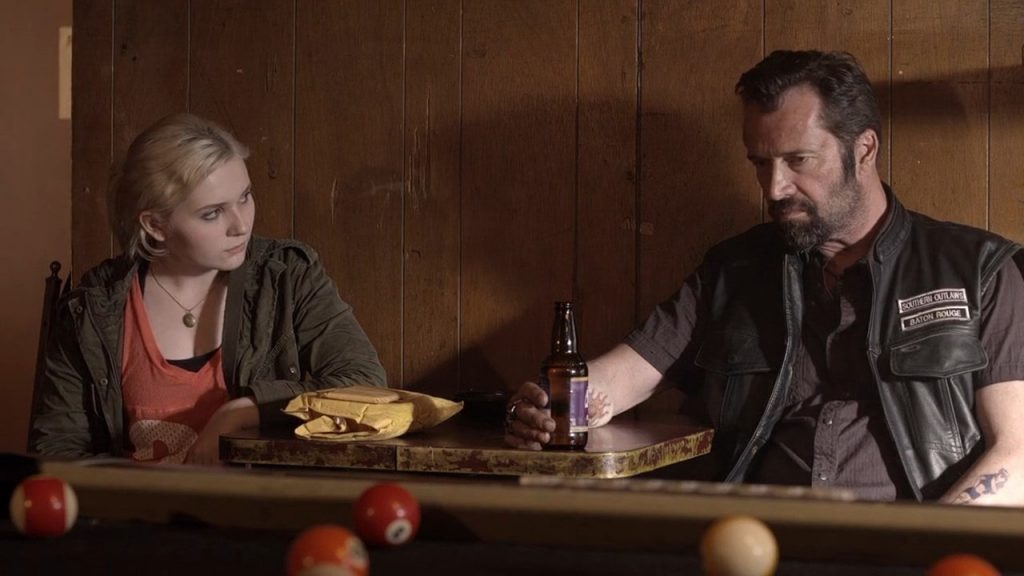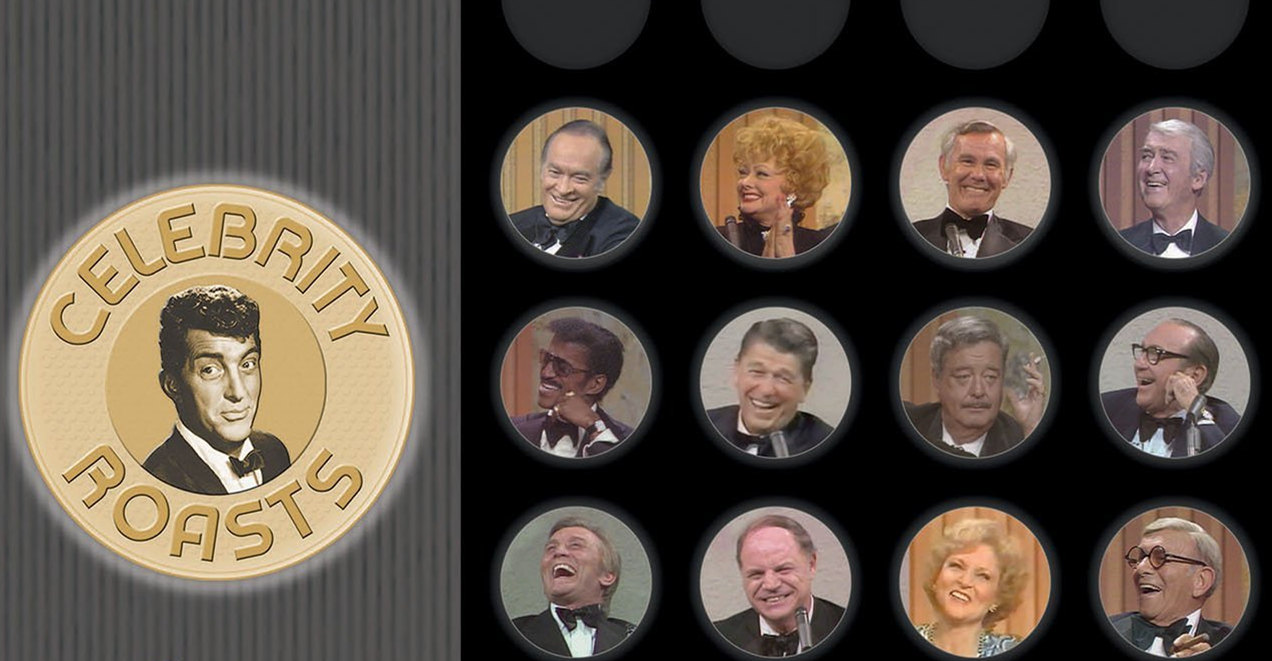Steven Soderbergh made it difficult for auteurist critics from the very start. The chameleon-like director who has hopped genres and budget levels more than any other major filmmaker over the past two decades looked like he had staked his claim somewhere between “edgy” and “idiosyncratic” with his first two features, “sex, lies, and videotape” (1989) and “Kafka” (1991). Cinephiles guessing where he would go with his third feature missed the mark wildly when the indie trailblazer took the unconventional route by going shockingly conventional.
“King of the Hill” (1993) adapts A.E. Hotchner’s 1972 memoirs about his youth in Depression-era St. Louis. The film opens in 1933 with thirteen-year-old Aaron (the A in A.E., played by Jesse Bradford) telling his eight-grade class about the time Charles Lindbergh called him for advice, the first of many lies spun by the boy who would grow up to be a writer.
Aaron’s penchant for fabrication can be forgiven not only because he’s so damn good at it, but also because it’s easy to understand why he would choose to burnish his reality. Most of the kids in his school belong to families who have been spared the heaviest of the depression’s burdens, but Aaron’s father (Jeroen Krabbé) has not been so fortunate, scrambling for one rotten sales job after another. The family has been forced to move to a run-down hotel where the manager eagerly awaits any excuse to evict his tenants.
A crummy room in a crummy hotel would be just fine by Aaron, but the problems arrive when the family inside begins to crumble as well. The first shock to the system is when his little brother Sullivan (Cameron Boyd) is sent to live with an uncle so the family can save a dollar per week; Aaron gamely offers to earn the extra money in his spare time, but his entrepreneurial spirit is dismissed by the adults. Bad goes to worse when mom (Lisa Eichhorn) begins to cough, a sign any movie buff should recognize as an ominous one. And just as soon as Aaron gets used to his new equilibrium, worse turns worst when his father scampers off on the only traveling sales gig he can scrounge up.
I don’t know how much of Hotchner’s memoir has been fictionalized. The deck is almost implausibly stacked against Aaron whose cosmically awful luck far exceeds being left to fend for himself with about a dollar to his name: neighbors move or die just as they offer some promise of helping out, a sadistic cop targets the boy for abuse, and even the meager safety net dad left behind collapses within days. At least Aaron finds one friend in the older and resourceful Lester (a teenage Adrien Brody), but even that one mentor figure won’t always be around.
The Job-like trials bring out the very best in Aaron who draws on a seemingly bottomless well of resolve, not to mention creativity. Pulp fiction authors of the era writing for a penny a word learned how to be prolific on demand because they wanted to eat. Likewise, Aaron frequently ad libs his way through elaborate stories needed to placate classmates, teachers, and other authority figures, all probing for signs of weakness. He can’t prop up his house of cards with just words or the dinner rolls that comprise his entire diet, but he keeps it from falling for far longer than most kids could possibly have managed.
Cinematographer Elliot Davis creates a Depression-era St. Louis that may be short on jobs but is long on amber-hued beauty; even the shanty-towns and the dirty playgrounds where the boys shoot marbles have an evocative luster to them. In an interview on this Criterion disc, Soderbergh suggests that it may have been a mistake to make everything so pretty and I’m not going to argue with him. Perhaps it was a justifiable choice for a film seen through the eyes of such a resilient and doggedly optimistic protagonist, but “King of the Hill” has a sentimental, polished look somewhat at odds with its grim narrative. Still, the scenes in the hotel, particularly when Aaron hunkers down to endure a siege by the evil bell hop looking to kick him out, establish a palpable sense of place with each step of Aaron’s hallway (i.e., his world) clearly delineated.
Aaron’s infinite pluck and ingenuity makes for a moving spectacle and certainly lends a propulsive quality to the narrative, but feels an awful lot like an adult construct of a child. Of course, no memoirist worth his salt claims to be relating the literal truth, and young Aaron’s most endearing quality is his ability to spin an inspiring,slightly cock-eyed yarn. Clearly the older Aaron, now looking back, has continued to refine that skill.
It all seemed like an oddly straightforward, even borderline-cliched choice for Soderbergh at the time, but he has proven since then that his lateral range is almost immeasurable. “King of the Hill” was a box office failure, perhaps because it wasn’t easy to market as a Soderbergh film, but it has since proven to be one of the director’s more popular early movies. It’s not quite my cup of tea (few coming-of-age stories are) but it’s vital and vibrant and has a protagonist that’s impossible not to root for.
Video:
The film is presented in its original 2.35:1 aspect ratio. The 1080p transfer is close to immaculate with rich detail and a soft-grain structure evident throughout. The film is shot heavily in amber and earth-tones and this high-def transfer captures them quite vividly. No artifacting, no damage visible anywhere. A top-notch transfer.
This is a dual-format release, meaning the package includes two DVDs (one with the film, one with extras) as well as a single Blu-ray disc. The DVDs have not been reviewed here.
Audio:
The DTS-HD Master Audio 5.1 surround track is both rich and powerful and, as expected, clean as a whistle. The film uses period music as well as an original score by Cliff Martinez, all of which sounds great here. Optional English subtitles support the English audio.
Extras:
It’s kind of silly to call a separate film an extra but Criterion has, with little fanfare, included Soderbergh’s fourth feature “The Underneath” (1995) as an extra. It also comes with a rather unusual feature for Criterion or any DVD, an interview (2013, 22 min.) with the director in which he explains why the film went completely wrong (he says he was unhappy working in a studio environment and his mind was already on his next project). He spends most of the time apologizing for his “mistake” but salvaging something by arguing that it was at least a necessary step in his artistic development.
Soderbergh sounds sincere, but part of me wonders if it’s a clever gambit. A brief history of film criticism suggests that eventually every single film made by an esteemed auteur will be “rehabilitated” by critics and proven to be an unjustly neglected masterpiece. When the director himself rejects the movie, that’s the ultimate challenge. Expect “The Underneath” to place highly in the 2022 “Sight & Sound” poll. I took Soderbergh at face value and skipped the movie except to check the image quality which is outstanding, even stronger than for “King of the Hill.”
The disc includes another interview with Soderbergh (2013, 19 min.) about “King of the Hill,” a movie he also has a lot of criticism for. He seems mildly confused as to why people like it so much (though it wasn’t a hit in its theatrical run) and attributes it to it being the most accessible of his early movies.
We also get an interview with now 93 year-old author A.E. Hotchner (2013, 21 min.) who discusses the 1972 publication of his memoirs and is also enthusiastic about the film adaptation.
“Against Tyranny” is an unusual visual essay (11 min.) by filmmaker :: kogonada. The video takes its cue from Soderbergh’s expressed to desire to break away from the “tyranny of narrative” and argues that the seemingly straight-forward “King of the Hill” hides a few experimental secrets. The primary subject of the essay is Soderbergh’s editing strategies. It’s different and quite intriguing.
The disc also includes six Deleted Scenes (9 min. total) and a Theatrical Trailer (2 min.)
The 40 page insert booklet includes an essay by critic Peter Tonguette, an Soderbergh interview originally published in the Oct 1993 issue of the French journal “Positif” (conducted by Michel Ciment and Hubert Niogret), and an excerpt from Hotchner’s memoir on which the film was based.
Film Value:
The words “coming-of-age story” usually fill me with dread. “King of the Hill” may not be quite my cup of tea, but it’s sincere and moving and features a strong performance by its young lead actor. It was largely ignored in theaters, but with Soderbergh now well-established (if in a temporary state of retirement) as one of the most influential American filmmakers of the past few decades there should be plenty of interest in his third feature. Criterion has also included his fourth feature “The Underneath” as an extra. Soderbergh doesn’t like it, but you might. In any case, it’s a heck of a bonus that makes this a compelling purchase for the director’s fans.


